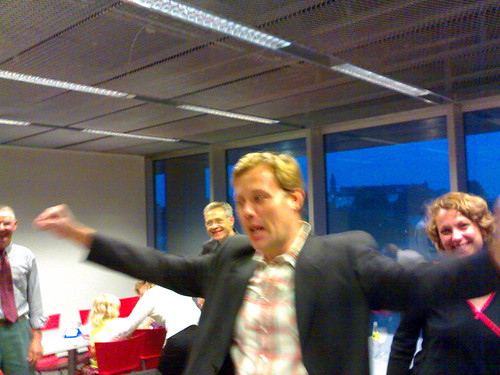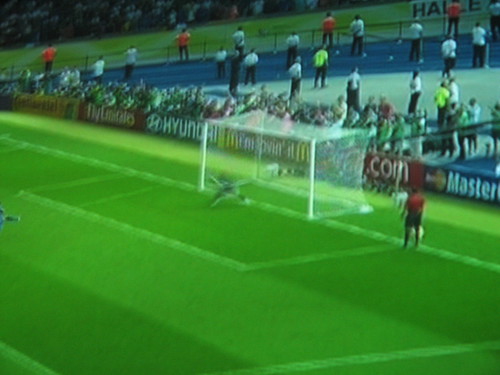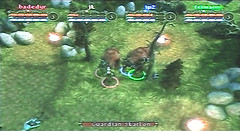All good things – and apparently also the barely bearable ones – must come to an end.
As implied, my dissertation was sent on its merry way through the labyrinthine ways of the Danish PhD system, beyond human interference. That is well and good.
In recent weeks I’ve been in recovery spending much-appreciated (by me, at least) quality time with the family. Venturing a premature diagnosis, I’d say I’ve come through with only curable wounds (but the dreams! the dreams!!!).
The old “What now?” question rears its head. From now on I’ll focus on embedded gender values in late modernity leisure practices in a strictly hermeneutic pperspective. No seriously, here’s what: From 1 Sep I’ll return to the ITU to co-teach the “Digital Media” course and to head (in practice from October-November or so) the Digital Design and Communication study line. Formally, I’ll be a member of the Innovative Communication research group but I will of course stay closely in touch with the illustrious Game Center.
I guess all these changes makes this a good time to take stock. This blog, I believe, has suffered from a lack of focus. Rest assured this will only get worse. I will be finger-thinking about new topics and generally allow myself the luxury of constraintlessness. On the other hand, I will be more systematic with entry categorization so it will be possible to RSS-read more specifically.
And so, I need only say welcome back to TDSoT – it’s not new, but it’s not very old either.
(I’ll be uploading the dissertation here as soon as I can create a web-friendly PDF).





